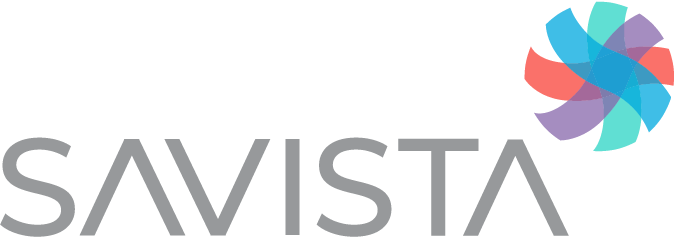Accurate clinical documentation fosters patient safety and patient satisfaction from the outset while also strengthening financial tracking for medical procedures and other costs incurred during a hospital visit. Medical coders are responsible for correctly coding and recording health data for all incoming patients, setting the stage for individual treatment plans and subsequent medical billing processes.
A critical component of the healthcare revenue cycle, Clinical Documentation Integrity (CDI), entails reviewing patient records to identify conflicting or incomplete data. A successful CDI services program ensures appropriate patient care as well as timely and comprehensive reimbursement for services provided. Furthermore, optimal documentation directly impacts patient satisfaction, enhancing public perception and attracting more patients down the line to a hospital or healthcare system.
In today’s healthcare landscape, CDI is an essential focus for hospitals looking to avoid denials. According to Becker’s Hospital Review, 1 in every 3 US hospitals is averaging dangerously high denial rates. From a monetary perspective, US hospitals paid roughly $970M in penalties throughout 2020.
However, research also shows that 85% of denials are preventable, especially with a robust CDI program in place. The American Hospital Association recently conducted a survey in which nearly 100% of participating CDI programs confirmed room for improvement regarding their documentation practices. Medical billing inefficiencies can lead to severe setbacks for both patients and health systems, including inaccurate diagnoses, gaps in patient care, increased costs to collect, loss of hospital accreditations, negative public perception, and loss of market share.
An effective CDI services program seamlessly integrates people, processes, and technology to create a collaborative atmosphere across the continuum of care. With Savista, you can bring your CDI program to the next level by promoting a multidisciplinary approach that drives quality outcomes and reflects appropriate revenue. Our robust CDI team will collaborate with providers, clinical quality, administrators, medical coders, and other clinical professionals to ensure consistency and ongoing improvement by establishing performance measures for your integrated program.
Furthermore, with the help of Savista’s proven CDI services, you can enable your organizational success by designating a CDI Quality Coordinator to oversee all ICD-10 reported data pertaining to benchmarking and quality metrics. For one Savista client with 2,400 employees and more than 400 inpatient beds, implementing this role in 2014 was critical. A few years later, the health system rose to #1 in state-wide Quality Performance rankings for 2020, boosting a mediocre Leapfrog Hospital Safety Grade to a solid A.
Sometimes called the “gatekeeper” of ICD-10 codes reported outside the health system, the CDI Quality Coordinator is a central figure linking multidisciplinary teams with HIM and administrators. They are subject matter experts on healthcare quality measures as well as payer and regulatory changes. CDI Quality Coordinators can partner with disparate teams to spot trends across the continuum of care and provide helpful metrics to execute profitable changes throughout the program.
Promoting inter-departmental partnership and strategy can help drive positive change at your hospital or healthcare organization and can reduce the risk of future penalties.
Have questions?
Fill out our contact form below to get in touch with our revenue cycle management experts today and take your Clinical Documentation Integrity program to the highest level. Drive quality and capture more revenue with Savista.
Learn More
Becker's CEO + CFO Virtual Forum
Watch our recent Becker's webinar, "Every Code Tells a Story: How to bolster clinical documentation accuracy and success."
Contact Us
Let's Get Started
Get in touch with a representative today and find out how Savista can transform your business.
